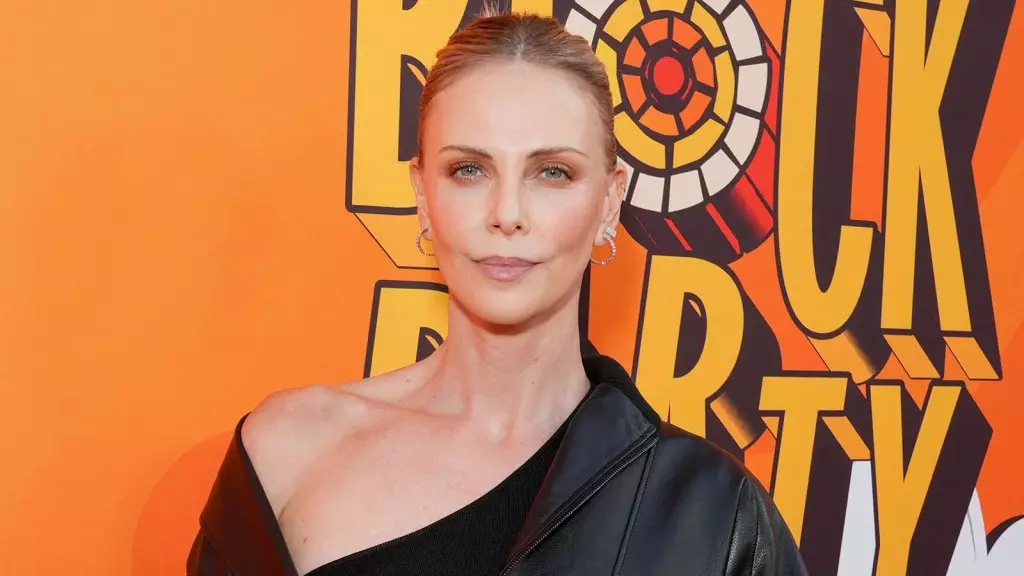Hollywood’s glitz often conceals a brutal underside—an environment where power is wielded irresponsibly, often at the expense of vulnerable individuals. Charlize Theron’s candid recount of her encounter with a predatory director underscores the pervasive silence and fear embedded within the industry. Her deliberate choice not to name the individual, despite the injustice suffered, reflects a calculated act of resistance against the toxic culture of intimidation that discourages victims from speaking out. Theron’s story highlights how many talented performers endure unseen battles, often silenced by the fear of professional repercussions or further victimization.
Her experience reveals a troubling pattern where initial grooming tactics—such as this director’s casual demeanor, inappropriate physical contact, and attempts to justify his behavior—serve as steps toward manipulating victims into silence. Theron’s decision to leave rather than confront the situation head-on underscores her awareness of her worth and her refusal to be complicit in a compromised system. These micro-acts of defiance collectively expose Hollywood’s failure to adequately protect those who seek to contribute to its creative tapestry, thus perpetuating a cycle of abuse that many choose to conceal rather than confront.
Power Dynamics and the Myth of the Artistic Innocence
What sticks out most about Theron’s narrative is her recognition of how industry power dynamics distort perceptions of legitimacy and talent. The incident occurred under the guise of a casting process, which is often a façade for exploitation. Theron’s internal conflict—her initial instinct telling her “this isn’t right” versus the external pressures to conform—illustrates a broader societal issue: the undue influence wielded by those at the top, who sometimes mask their predatory behavior beneath a shroud of authority.
Her refusal to reveal the director’s name isn’t born out of cowardice but strategic defiance. She refuses to let his reputation be rehabilitated by becoming a public spectacle, instead choosing to focus on her own integrity. This decision exemplifies a key liberal value—prioritizing the victim’s sovereignty and respecting the broader context of industry reform over sensationalism. Her acknowledgment that she knew she wouldn’t get the role that night is a stark reminder that systemic change is needed—one where talent doesn’t have to be compromised for survival.
Holding Power to Account: A Call for Structural Change
Theron’s story, while deeply personal, serves as an emblem of collective frustration with Hollywood’s failure to protect its creatives. The fact that her abuser attempted to deflect responsibility through a fabricated apology letter signifies a troubling pattern—favoring denial over accountability. Her willingness to keep silent on the identity of her attacker, while still being open about the incident, reflects the balancing act many victims perform: seeking justice without becoming collateral damage in a system that often favors predators.
This narrative emphasizes that change requires more than individual courage; it demands systemic overhaul. Hollywood cannot continue to enable a culture where abuse is dismissed or hidden, and victims are left to suffer in silence. Theron’s stance—to remain silent about the identity but outspoken about the experience—illuminates the importance of empowering individuals who come forward. It also challenges the industry to confront its complicity and implement concrete protections for those in vulnerable positions.
In a society increasingly aware of institutional failure to address misconduct, Theron’s experience underscores the importance of holding those in power accountable—not just for their actions but for the environments they foster. Only then can Hollywood evolve into a space that champions integrity, respect, and genuine artistic merit over intimidation and suppression.


Leave a Reply